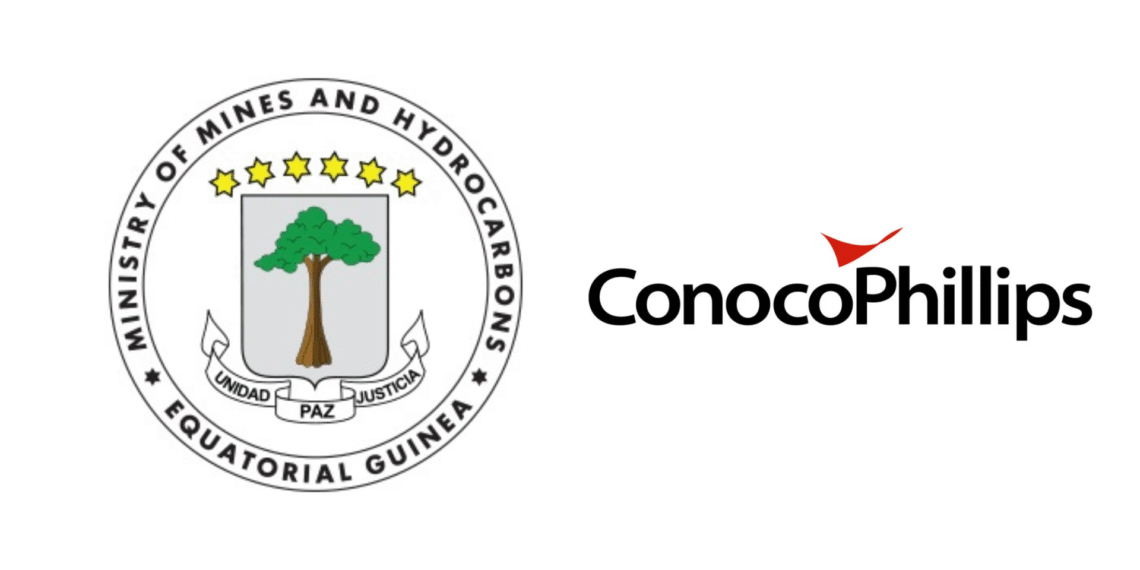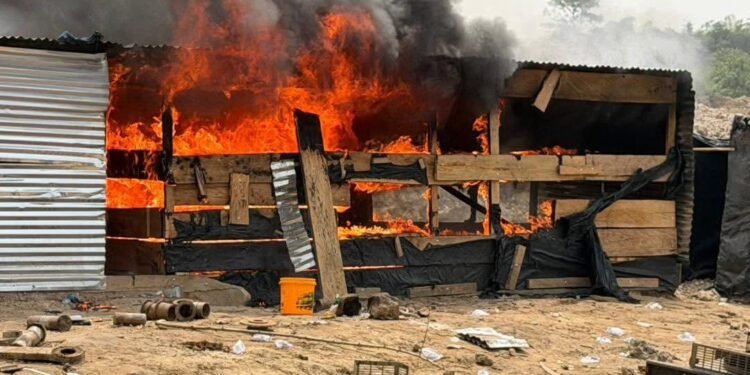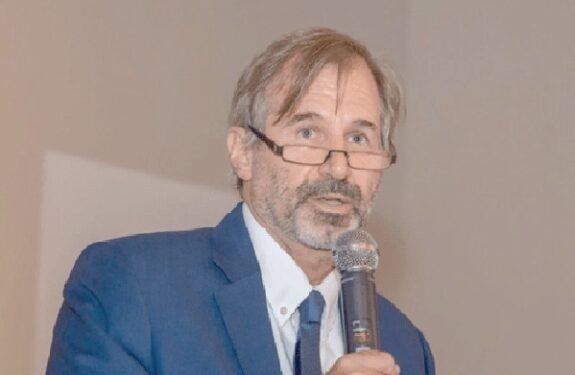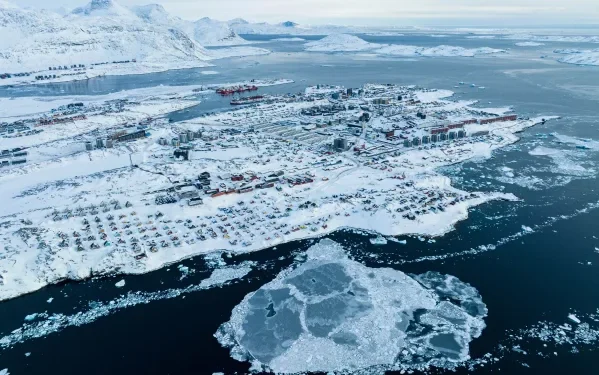Equatorial Guinea has taken a major step toward bolstering its natural gas sector and reinforcing its position as a regional processing hub, after signing a landmark Heads of Agreement (HOA) with energy giant ConocoPhillips.
The deal, covering Blocks B/4 and EG-27, could unlock investments worth up to $9 billion and deliver more than two decades of production.
The agreement was signed between ConocoPhillips, the Ministry of Hydrocarbons and Mining Development, national oil company GEPetrol, and state-owned gas company SONAGAS.
Antonio Oburu Ondo, Minister of Hydrocarbons and Mining Development, described the agreement as a turning point for the country’s upstream ambitions.
“This recent agreement is a strong reflection of the government’s commitment to working with foreign operators to advance the country’s exploration and production agenda.
“Block EG-27 and B/4 will not only support the country’s production growth but unlock a wave of economic opportunities that will benefit the country for decades to come.”
Antonio Oburu Ondo, Minister of Hydrocarbons and Mining Development

Under the terms of the HOA, the parties have agreed to finalize Production Sharing Contracts within six months, ensuring that the two strategic blocks move quickly into the development phase.
The projects are expected to contribute significantly to Equatorial Guinea’s natural gas production over the next 20 years, enhancing energy security and providing long-term economic benefits.
Mininster Oburu Ondo added, “By developing these blocks efficiently, we aim to restore production levels to those achieved before 2014 and maximize long-term value for the country.”
Both blocks are considered highly prospective, with Block EG-27 estimated to hold 2.8 trillion cubic feet (tcf) of gas and Block B/4 containing approximately 0.7 tcf. Together, they represent one of the largest undeveloped gas resources in Central Africa.
The $9 billion investment underscores not only the scale of the opportunity but also the confidence international partners have in Equatorial Guinea’s evolving regulatory and investment framework.
Strengthening the Gas Mega Hub

The HOA is also closely tied to the government’s flagship Gas Mega Hub (GMH) initiative, which aims to monetize stranded gas reserves across the Gulf of Guinea by pooling resources into the country’s existing infrastructure.
The agreement ensures that additional feedstock will be supplied to the Punta Europa facility, Equatorial Guinea’s primary gas processing and liquefaction plant.
ConocoPhillips has already played a role in advancing the hub, having recently overseen the export of the inaugural LNG cargo from Punta Europa in June 2025.
The new blocks are expected to further strengthen the facility’s operations, providing a steady flow of gas to support LNG exports and domestic supply.
“The HOA aligns perfectly with our vision of positioning Equatorial Guinea as a regional gas processing hub.
“By securing long-term feedstock for Punta Europa, we are creating stability for the Gas Mega Hub and ensuring the sustainable monetization of our resources.”
Antonio Oburu Ondo, Minister of Hydrocarbons and Mining Development
Investor-Friendly Environment
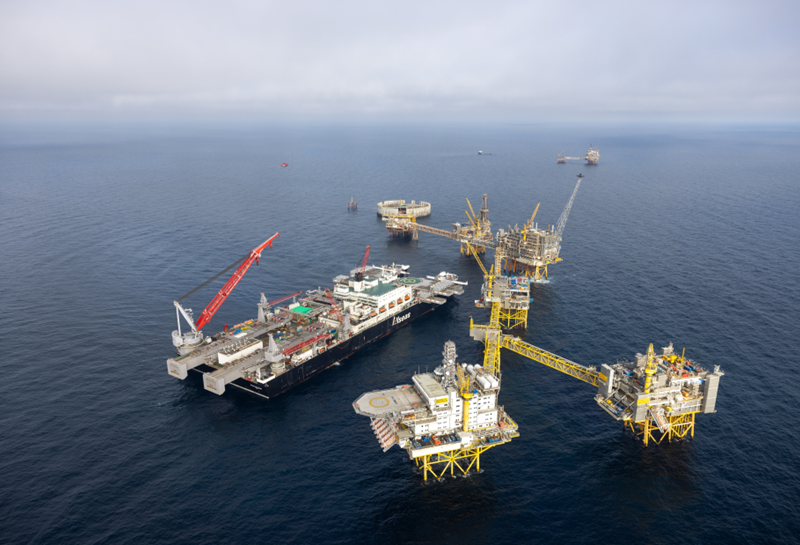
The agreement also demonstrates the government’s push to create an investor-friendly climate that balances national interests with commercial viability.
The Ministry of Hydrocarbons has been realigning policies to enhance transparency, reduce regulatory risks, and improve security of supply.
ConocoPhillips’ commitment is seen as a vote of confidence in this approach. For the U.S.-based energy major, the projects align with its global strategy of expanding its gas portfolio while partnering with host nations to develop long-term energy infrastructure.
Beyond the ConocoPhillips deal, the Ministry is preparing to launch its 2026 licensing round, offering additional exploration opportunities to international investors.
Officials say the upcoming bid round will further solidify Equatorial Guinea’s position as one of Africa’s most attractive upstream frontiers.
By expanding exploration and production while advancing critical infrastructure, Equatorial Guinea is pursuing a dual strategy: to restore production levels last seen before the 2014 downturn and to build resilience through diversified gas development.
With the new HOA, the government believes it is well on its way to achieving both objectives.
READ ALSO: Market Cheers as Ghana’s Treasury Auction Breaks Four-Week Drought with 15.8% Oversubscription

